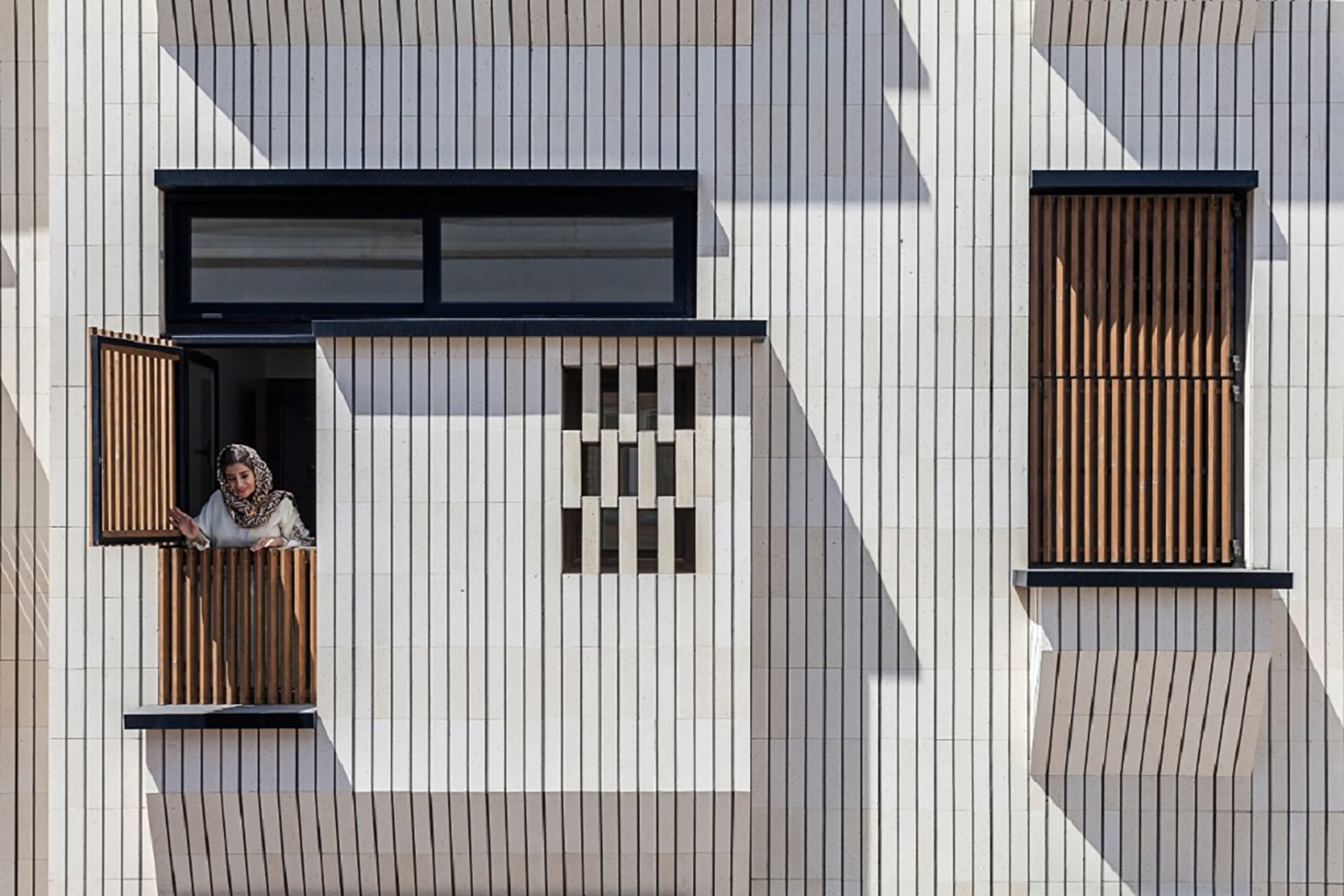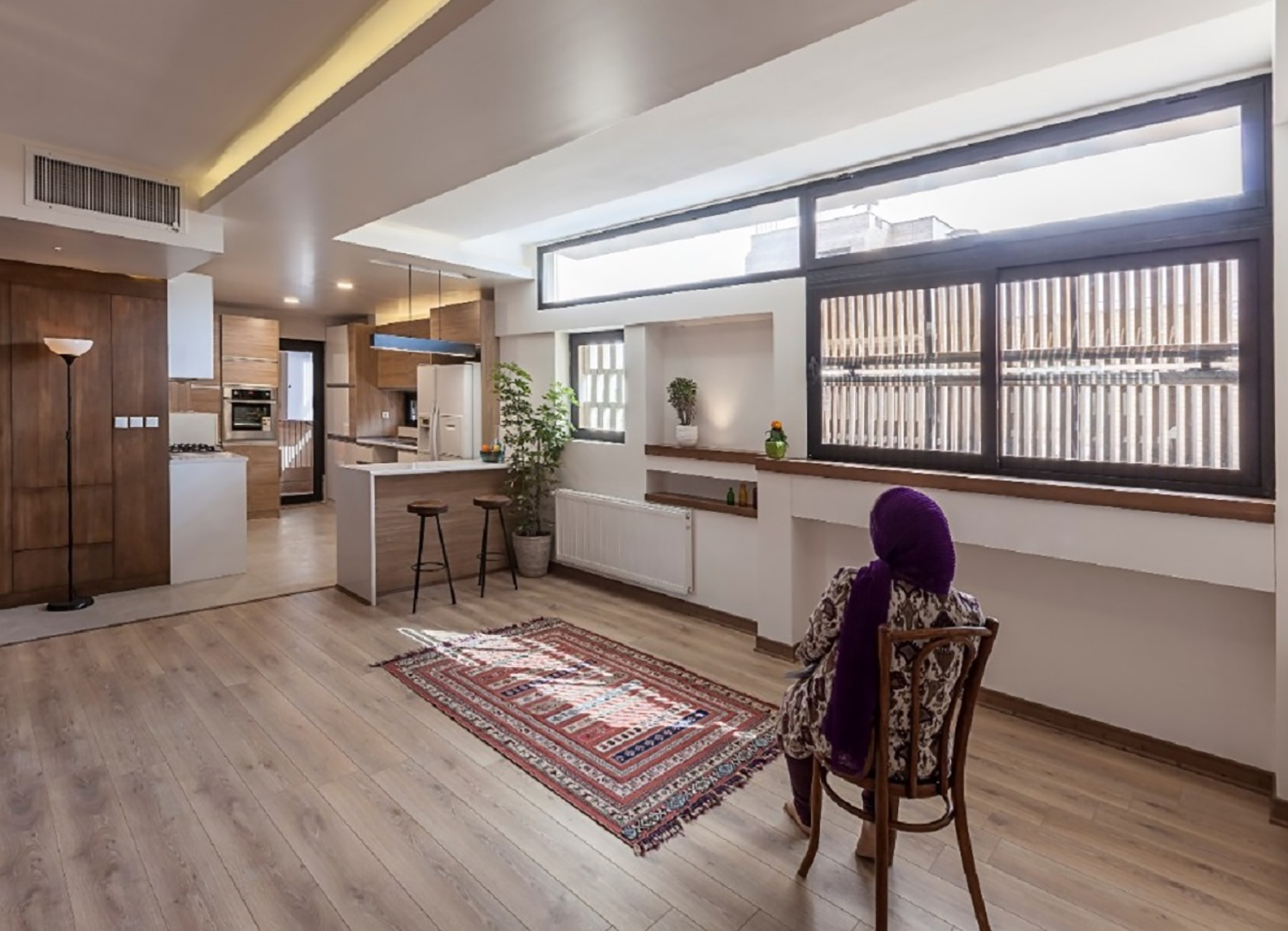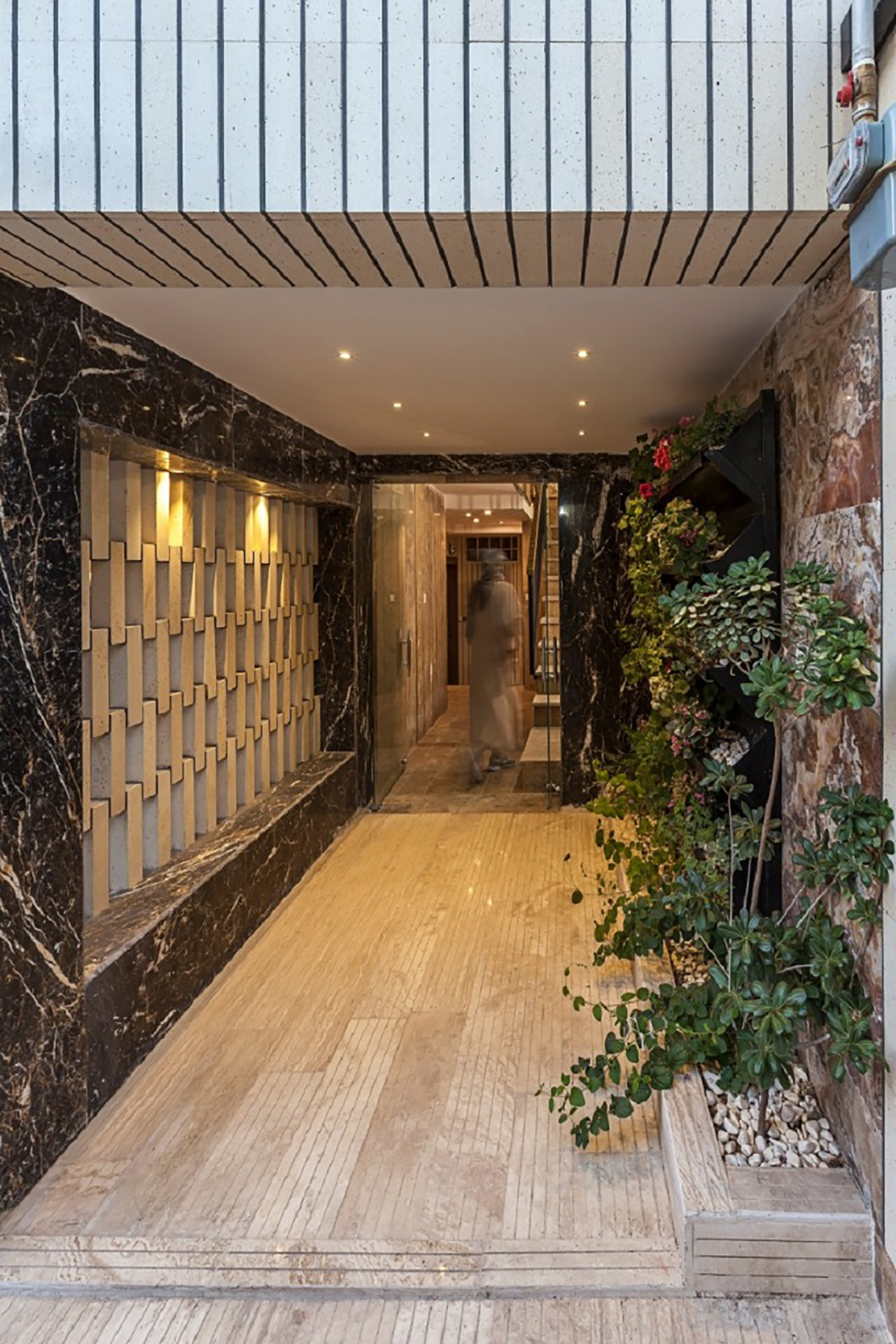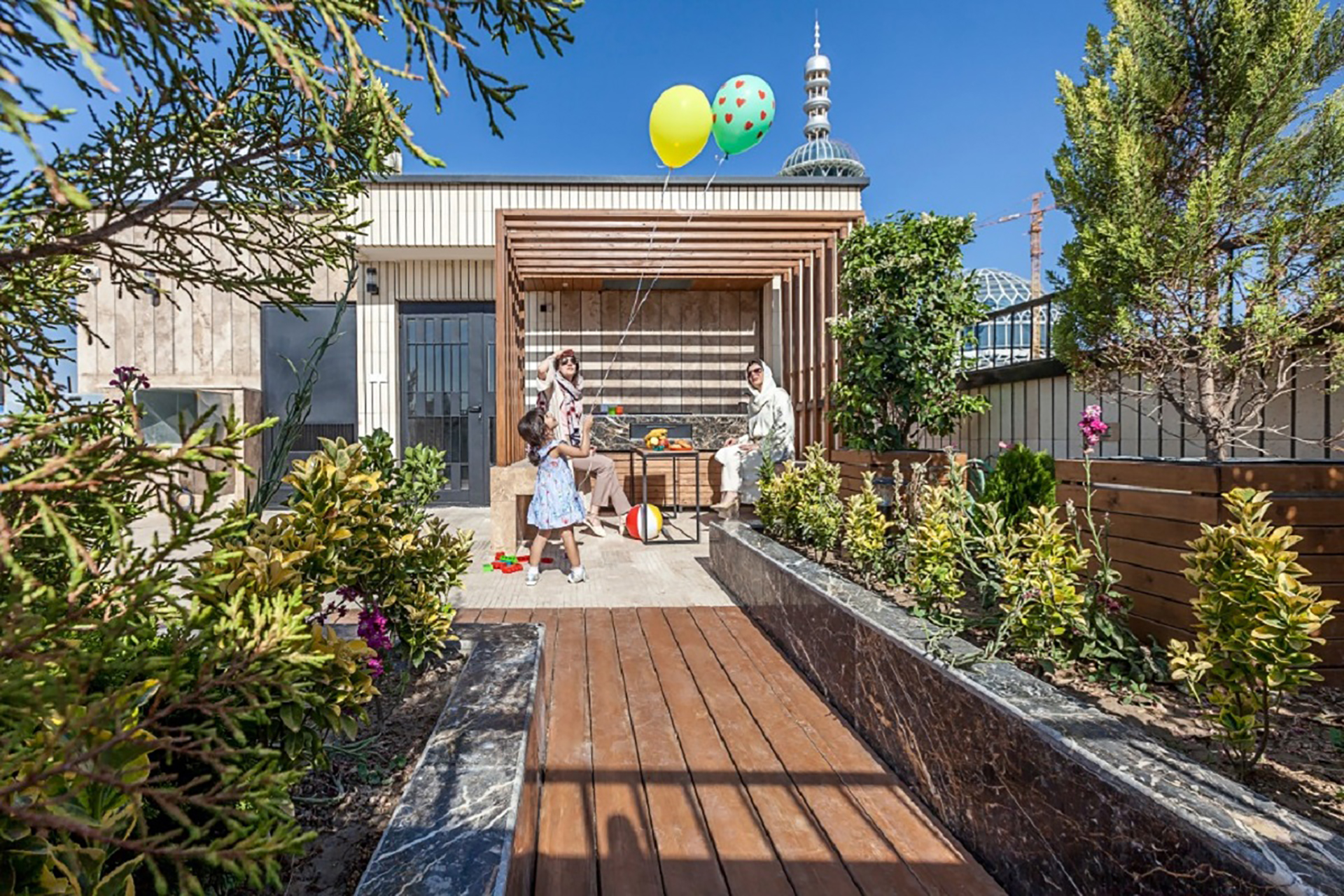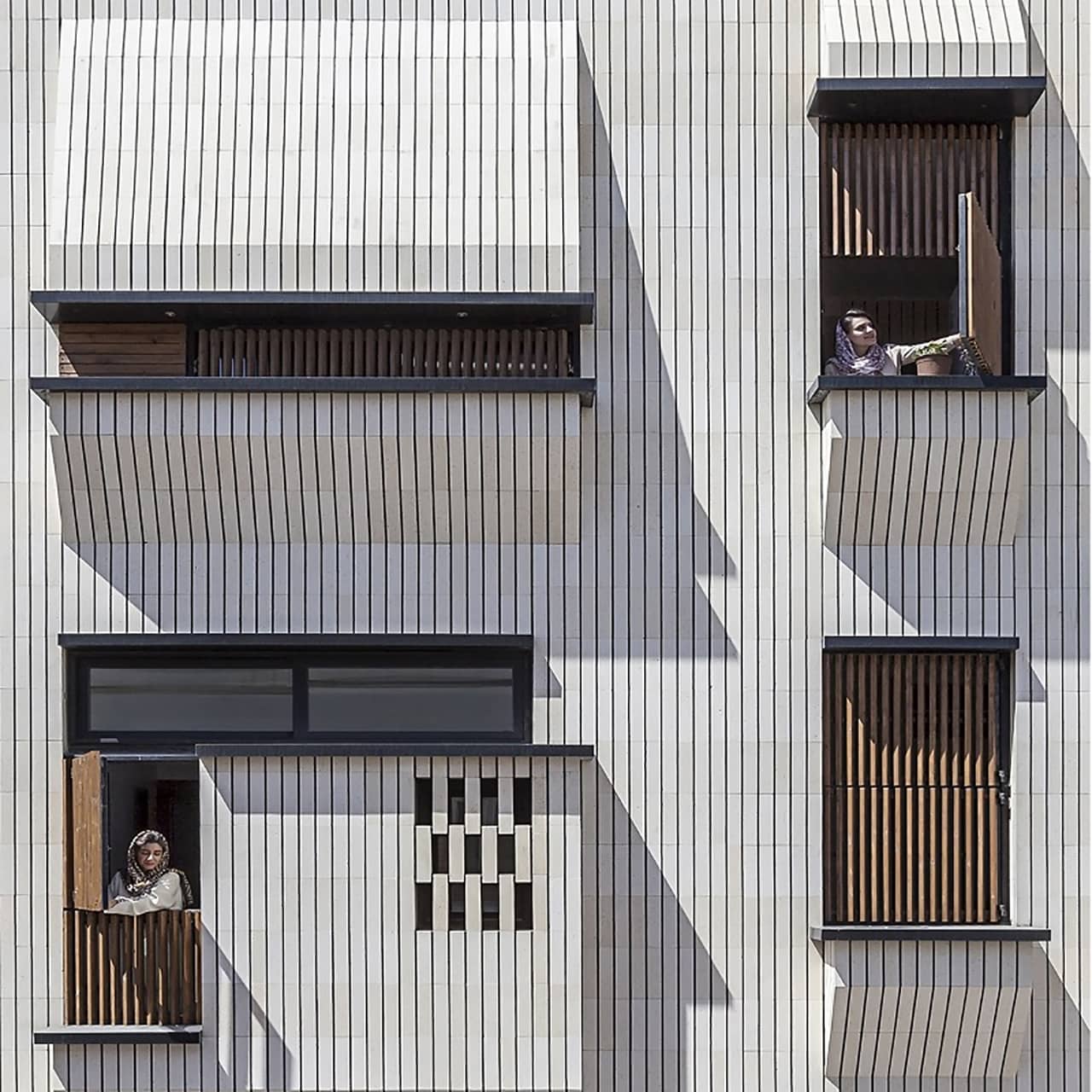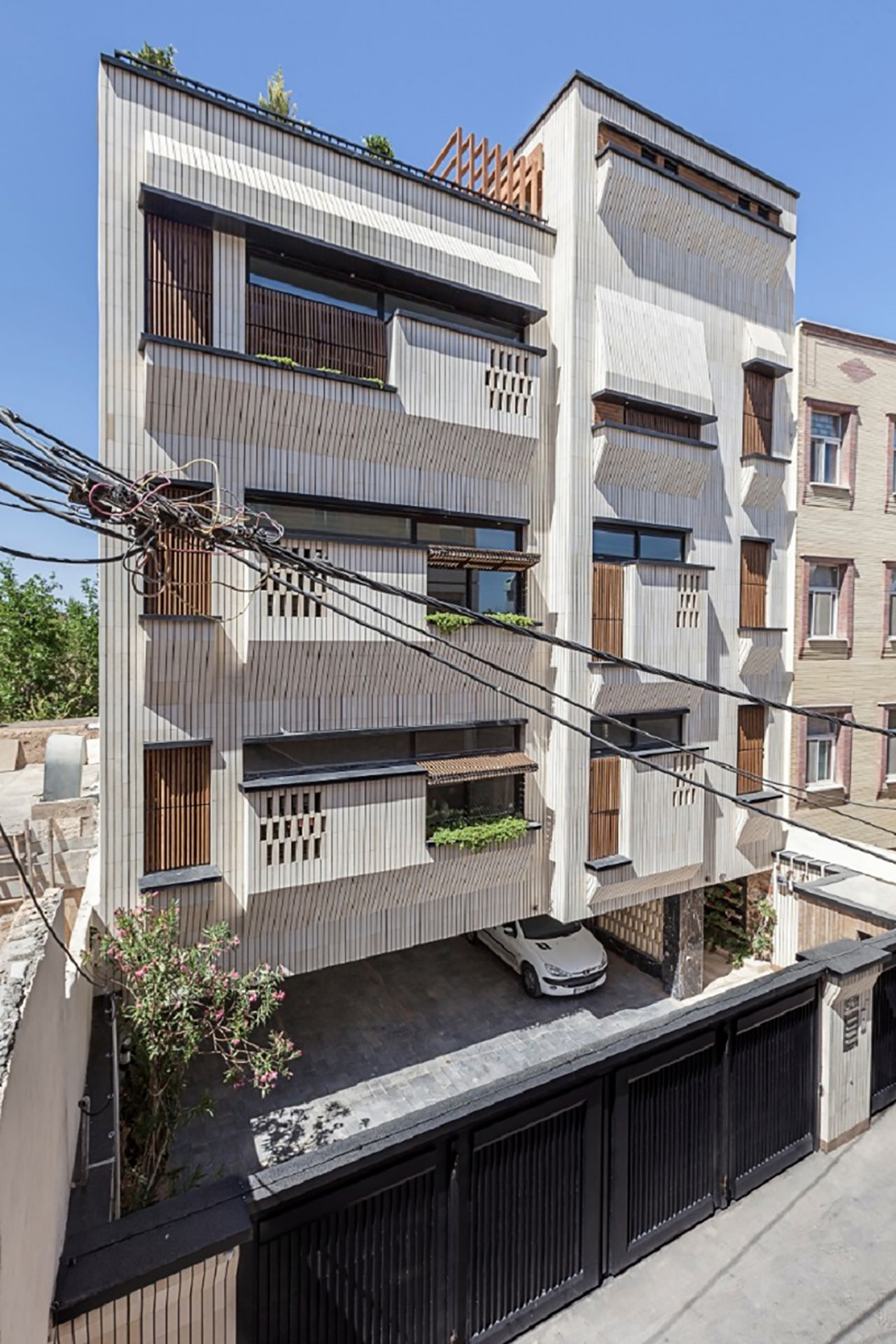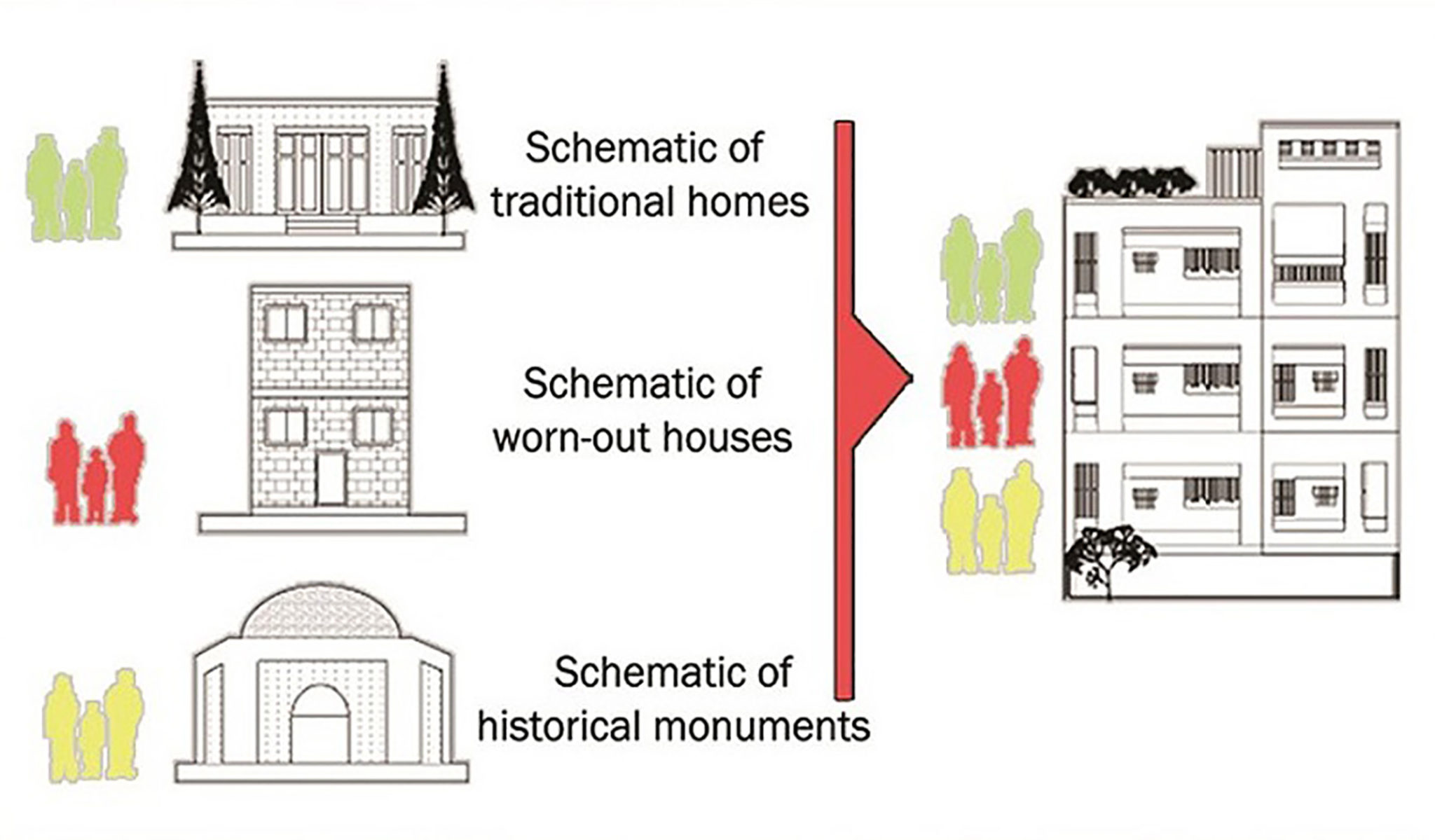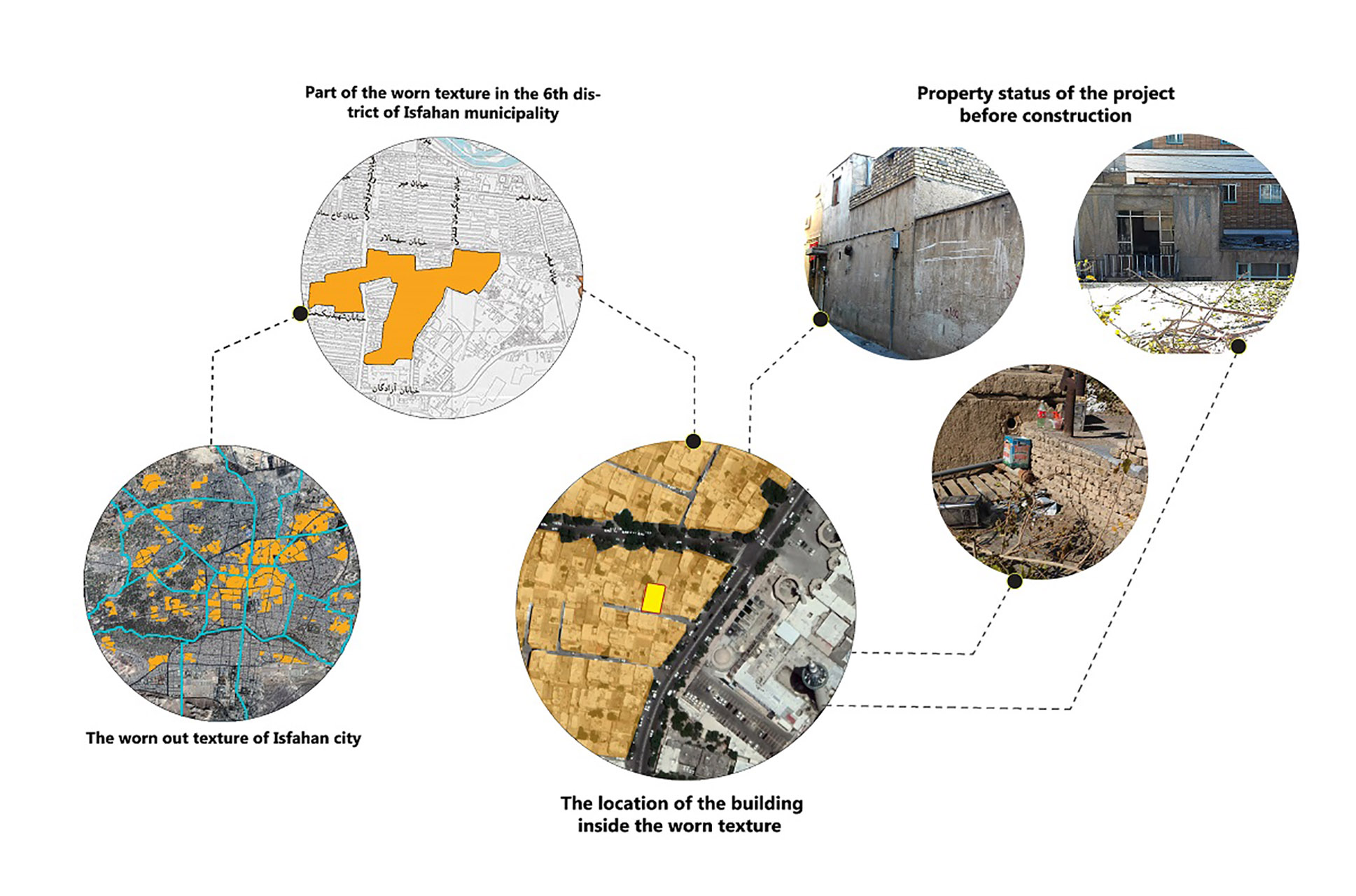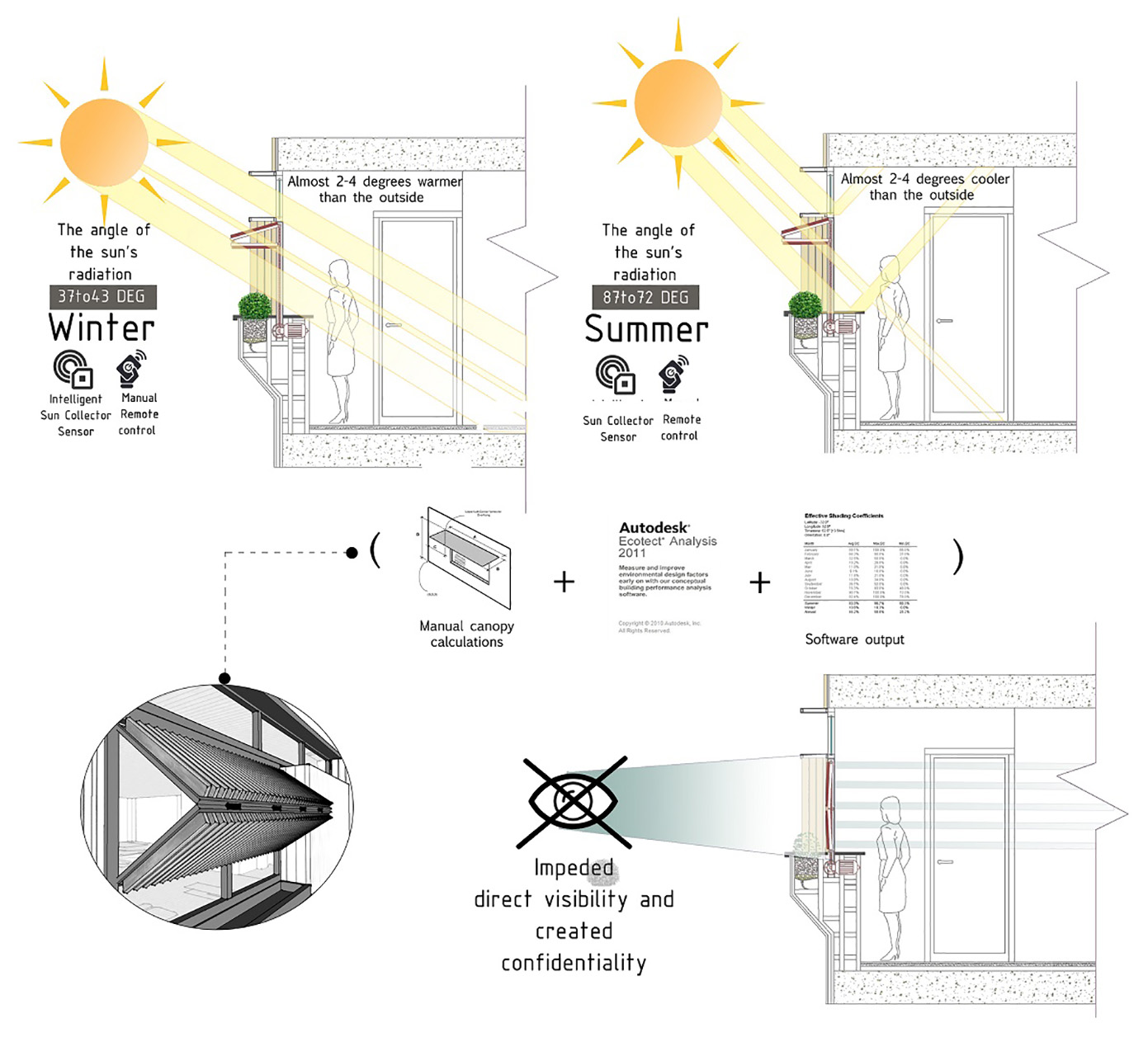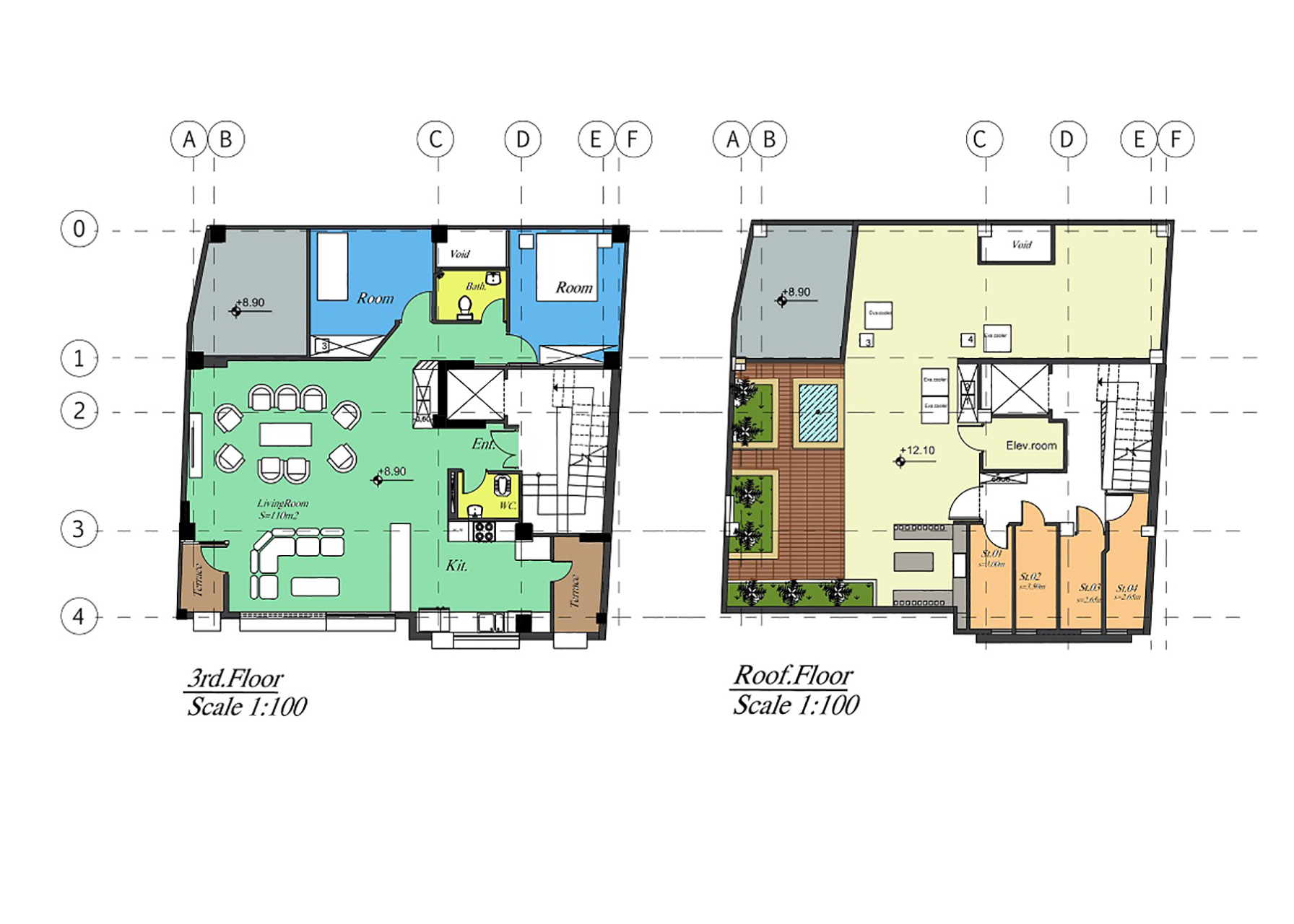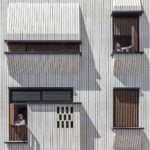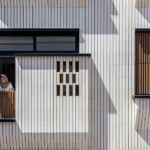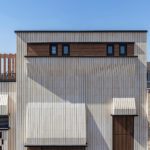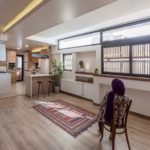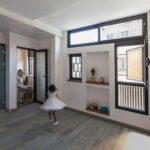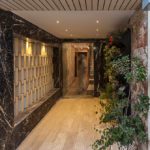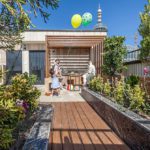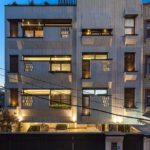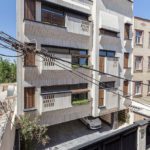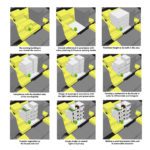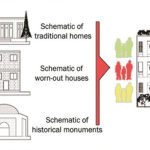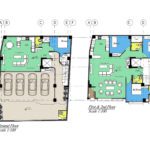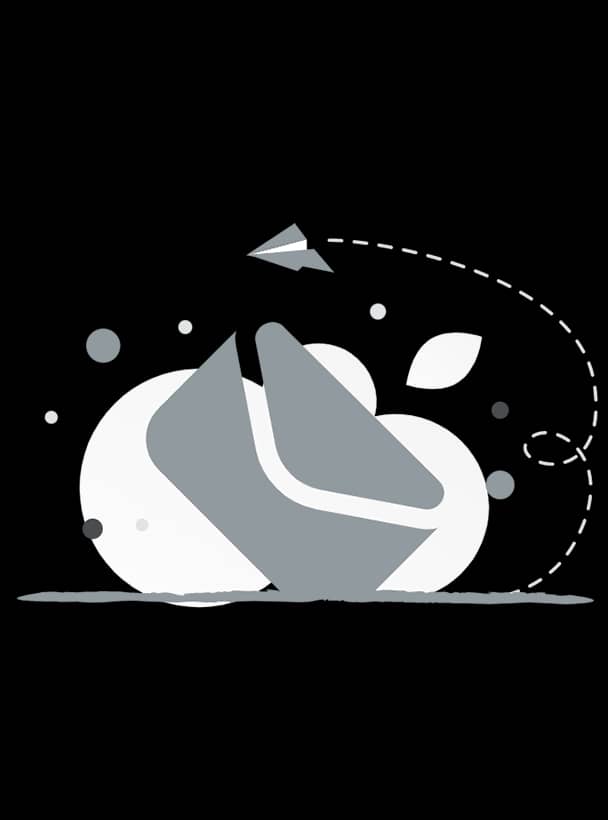Project Credits:
- Design: Charchoob Architecture Office
- Architect in charge: Sayed Hamed Jafari
- Design Associates: Azadeh Gaminian
- Photographs: Negar Sedighi
- Area: 620 m²
- Year: 2019
- Landscape: Sayed Hamed Jafari
- Civil Engineer: Mohamad Nilipor
- Mechanical Engineer: Salar Fathi
- Electrical Engineer: Majid Kheirmand
- Lighting: Sayed Hamed Jafari
- Construction Company: Gholamali Shafiee , Sayed Hamed Jafari
- Client: Dr. Semsar Zade
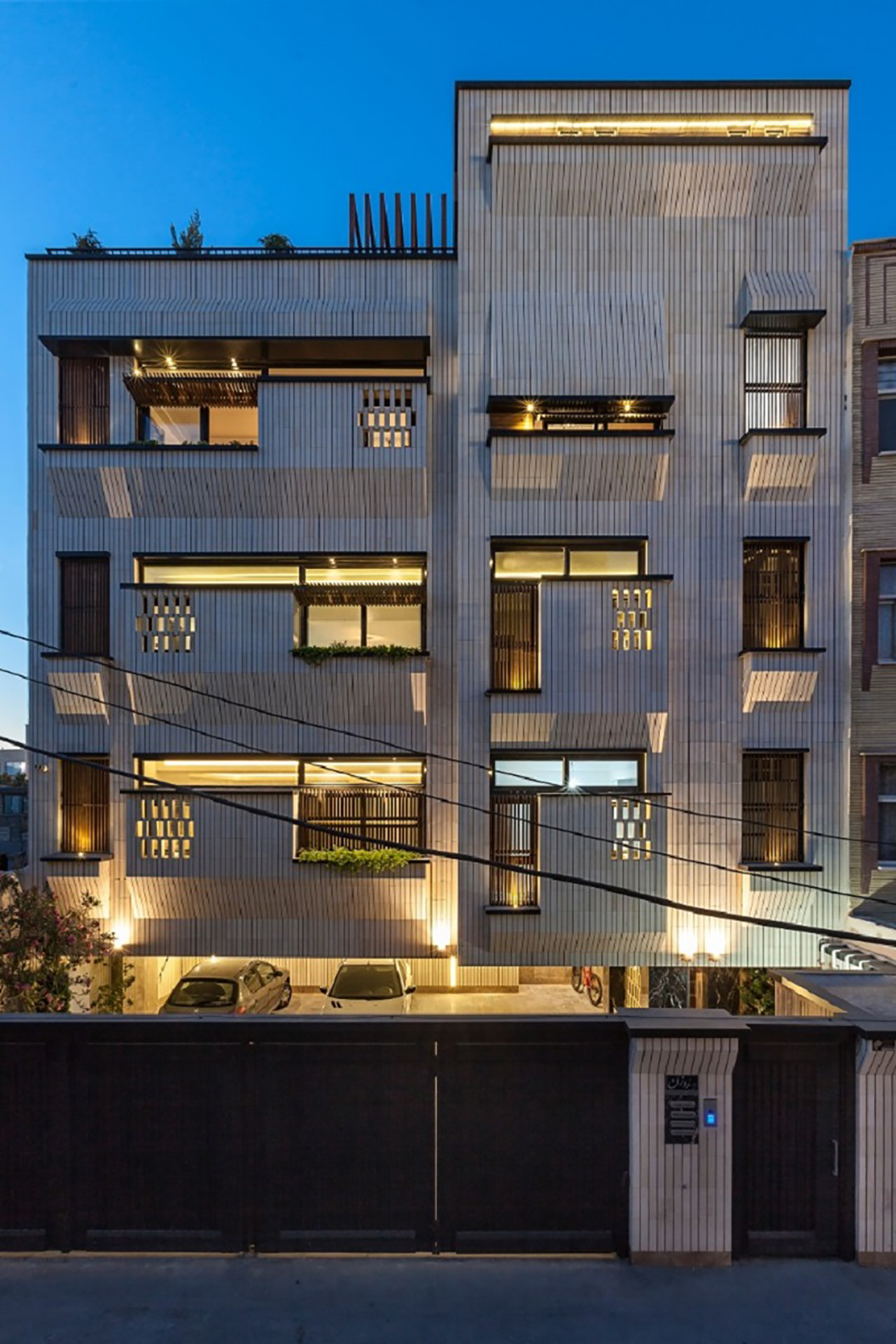
Iranian architecture has been manifested in Isfahan, where many valuable traditional historic works have been constructed. However, in this texture, urban decay has constituted a vast area of the city. Most of the residential buildings of this texture are unprofessionally built in narrow small alleys, using local but poor materials. Their residents are mostly the middle and low-income classes of society.
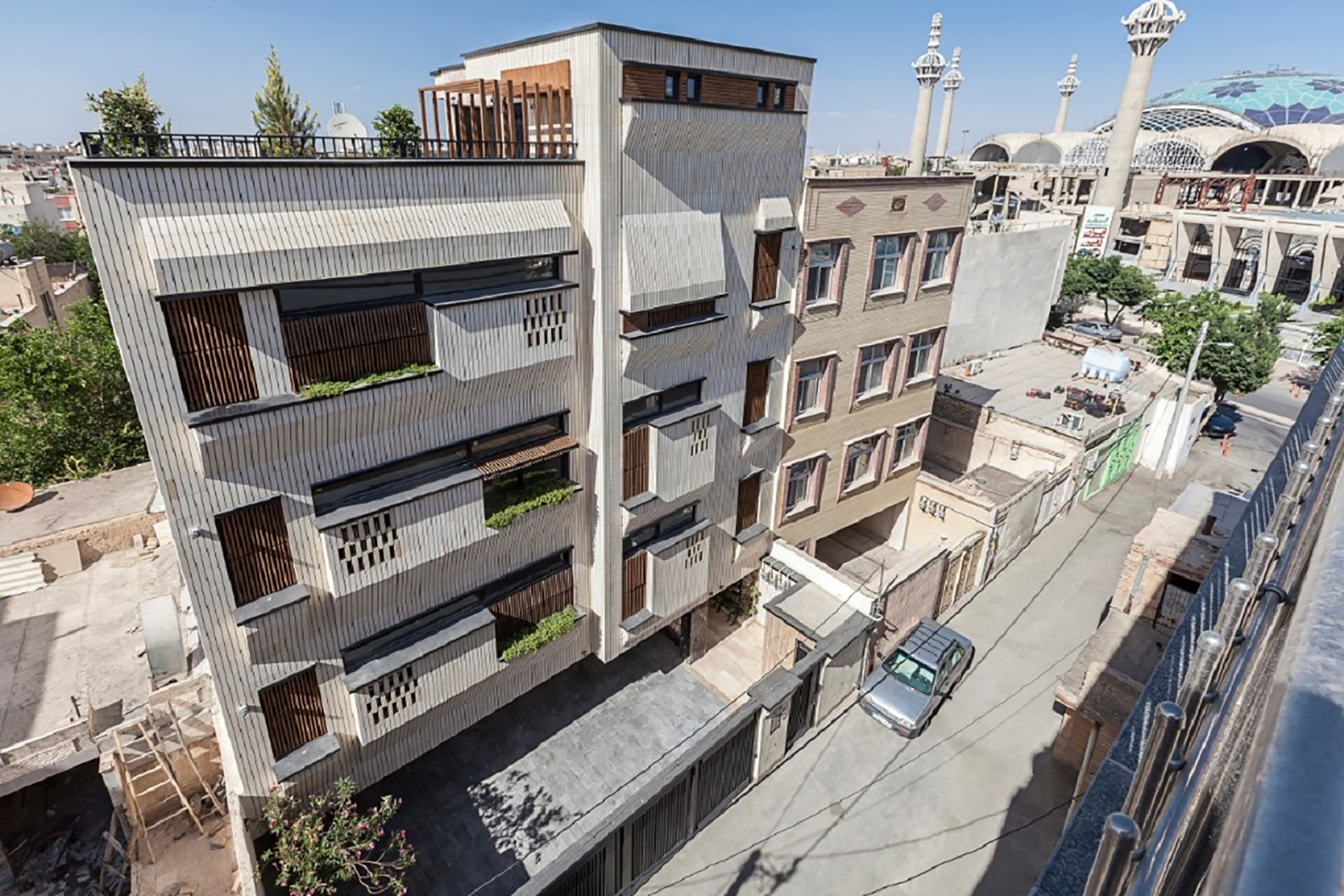
The former building of the project was one of these houses. On one hand, the employer, in his youth, experienced living in a traditional house with all of its components, including private quarters, yard, pool, and refreshing gardens. He thus intended to make the memory of his past while possessing a prominent, modern house with reasonable construction cost.
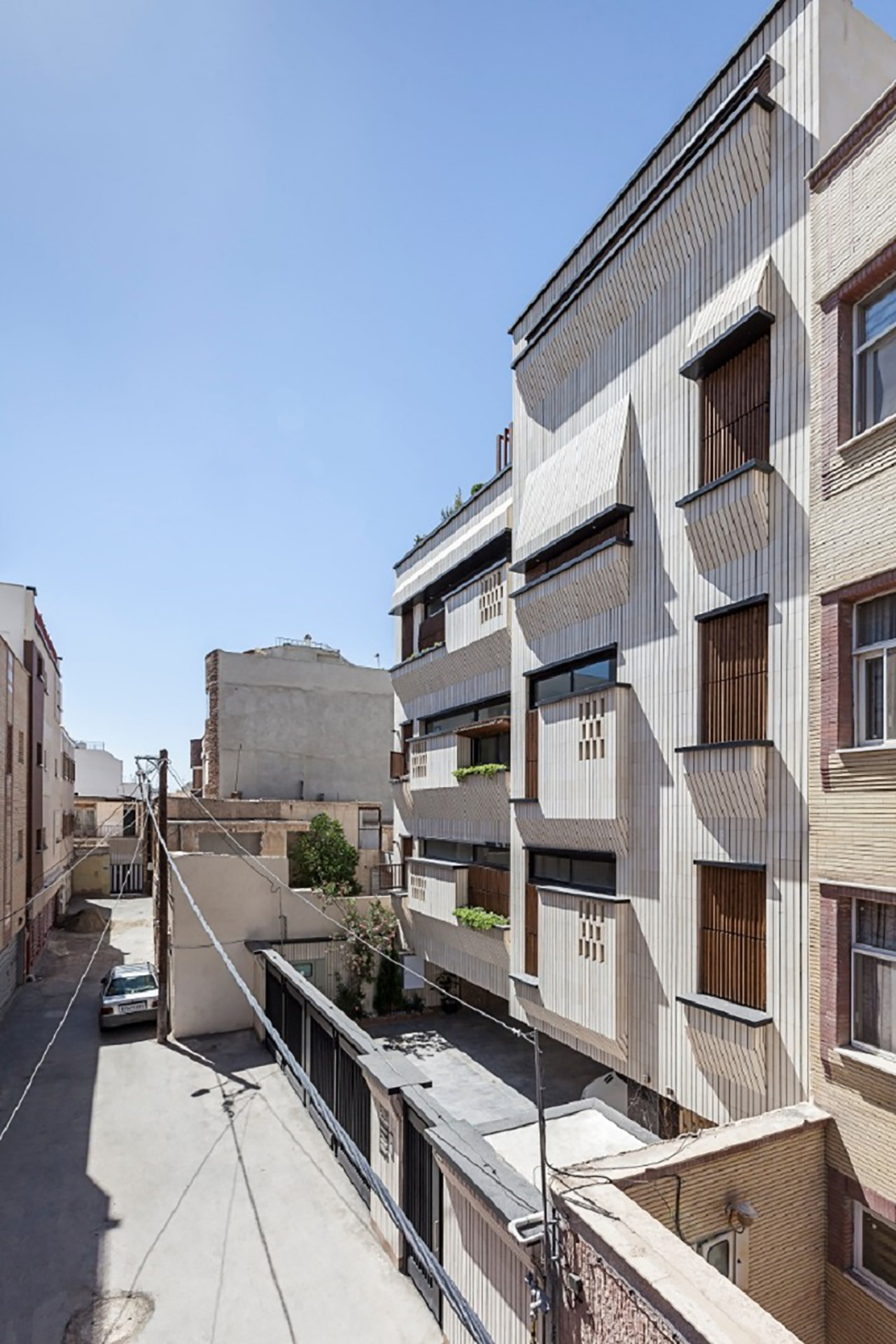
On the other hand, he required two apartment units for dwelling and two others for selling and making money. The buildings had to have special technical and visual attractions in order to be sold. Therefore, aligning these two goals and identifying the solution for this problem were the challenges of design and ideation. Therefore, the plans were designed with the maximum occupancy according to the standards of the respective Municipality.
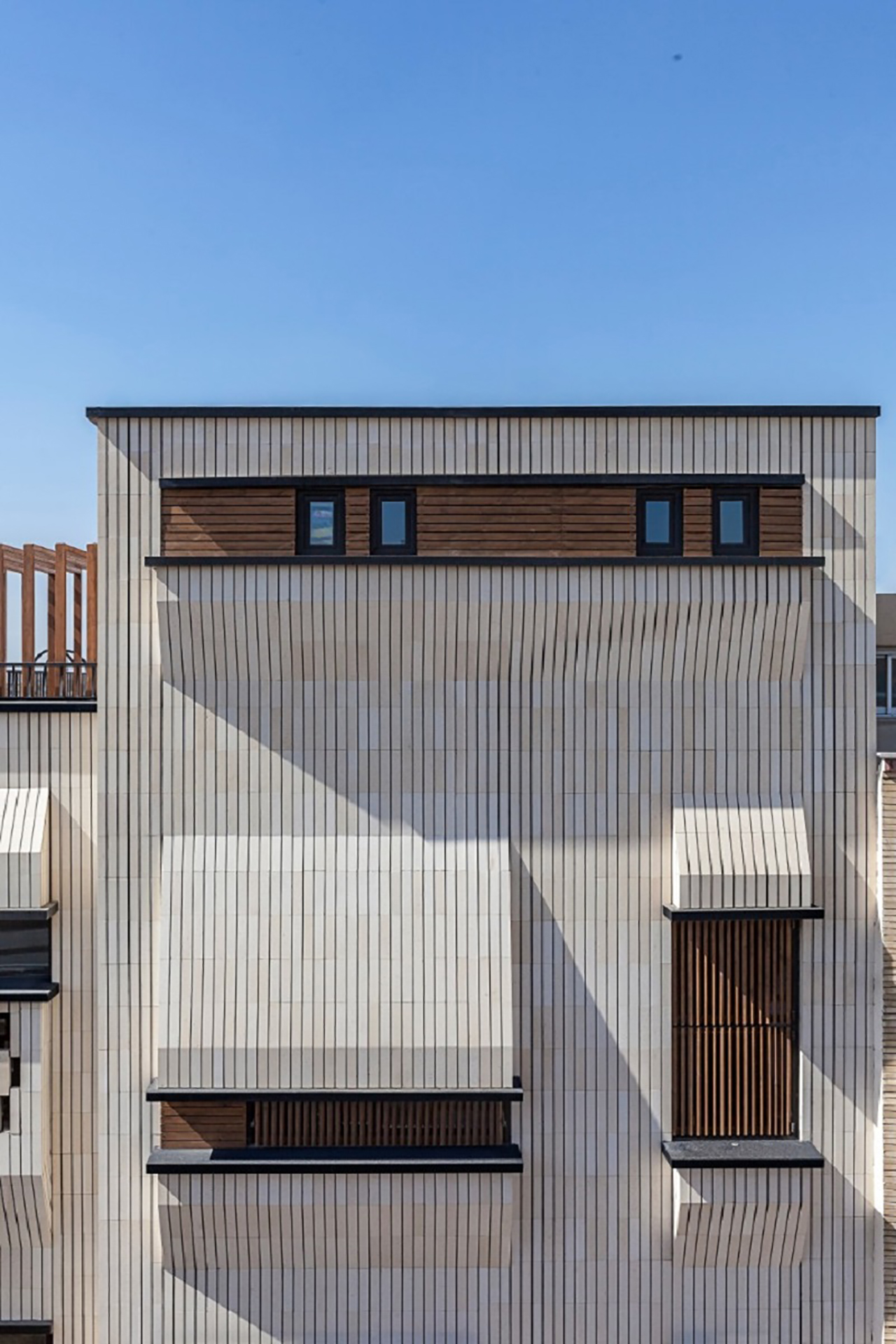
Given the climate of Isfahan, for the façade design purpose, the translucent surfaces and windows were first specified according to the standards, then exactly adjusted by the Ecotect simulator. To maintain privacy based on the plan, the living room, bedroom, and/or kitchen were arranged differently on the shell. In order to prevent the extreme entrance of sunlight, a canopy was also designed and verified by the Ecotect software, and mobility was added to it manually and automatically.
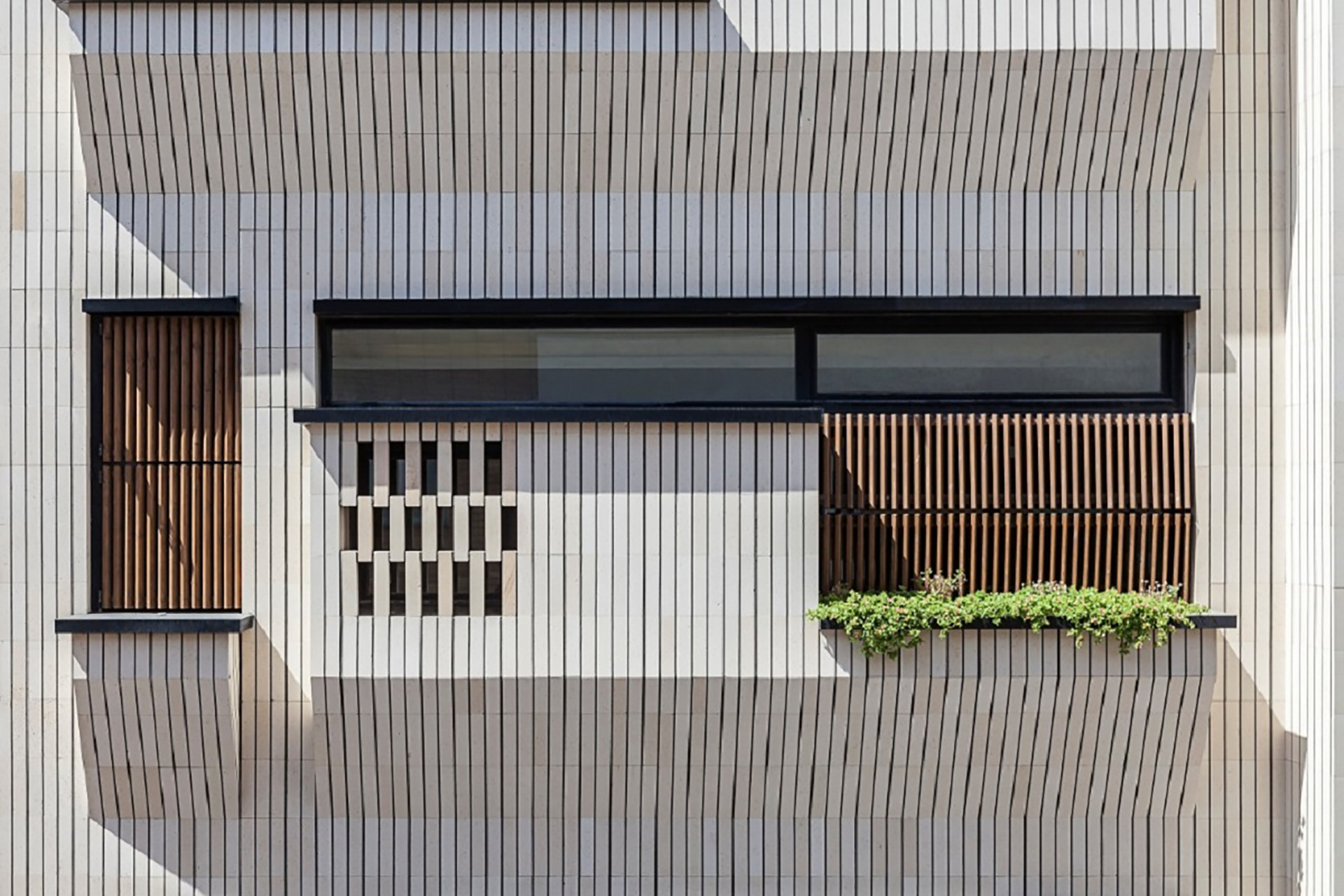
Afterward, to prevent uniformity in the façade shape, distinguish it from adjacent buildings, and build flower boxes in the body in front of openings, dynamic yet simple, modern, and perceptible drawdowns were formed. For the interior design, motions and dynamics of the exterior façade were reflected inside the house and plotted the interior design. Niches and corridors in the living room and parents’ room were devised as traditional buildings, and an indelible sense was created in a modern space.
